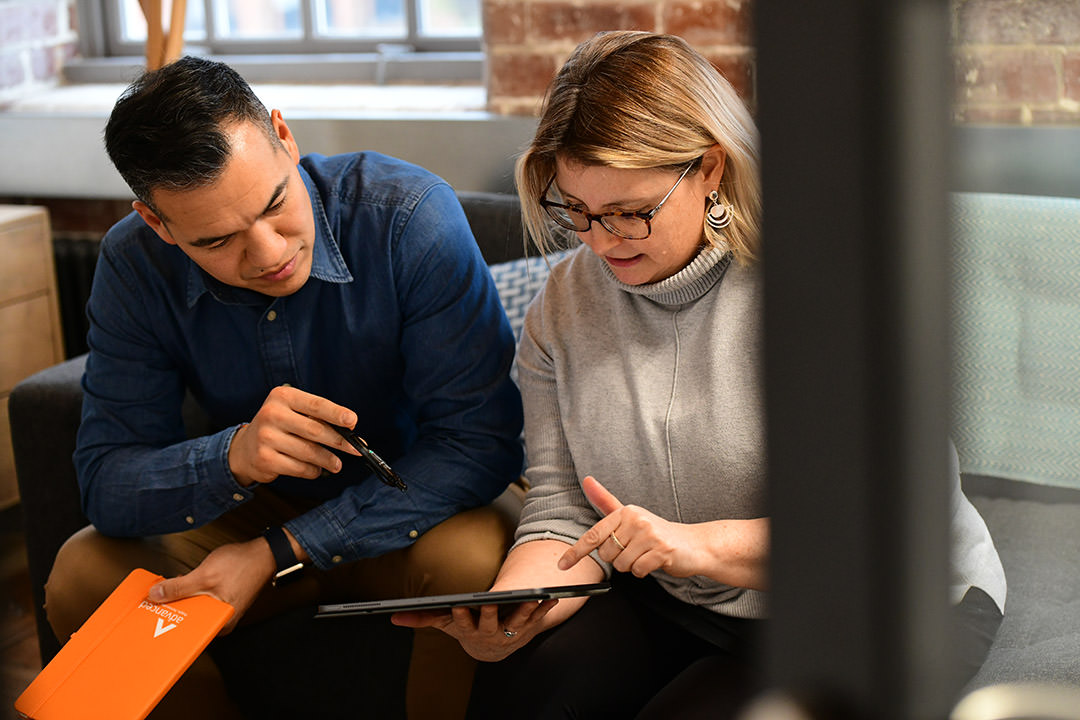
MCA needed to show they could work in an agile and user centred way
We worked with the Maritime and Coastguard Agency (MCA) on a pre-discovery of their future online vessel registration service to help them unlock the next round of Government funding
The MCA wanted to encourage more international boat owners to register their boat in the UK – generating revenue and ensuring the UK remains a prominent voice on international maritime issues.
There are many reasons why you might choose to register a personal or commercial boat in the UK
- High standards of safety
- Ease of arranging survey inspection
- Prestige of flag
- Ease of registering
- Taxation Policy
MCA wanted to make sure registration was as quick and straightforward as possible, so they’d begun creating an online service. But to unlock the next round of funding, they needed to show they could work in an agile and user centred way. They asked us to help them.
Result
MCA weren’t ready to start a full discovery. Starting a digital transformation is hard, and the first step is always the hardest. The change required isn’t just about upgrading the IT or buying a new system, it’s about changing the way an organisation delivers services to their customers.
We helped them get a better understanding of what they were doing well and what steps they would need to take to create the service they wanted, so they were in a stronger position to prepare their business case.
We did this by running a pre-discovery – sometimes called Sprint 0 or inception – which helps organisations clarify and understand the work, context and constraints before starting the development phase of a project.
What we did
We structured the pre-discovery as five workshops to help MCA identify their areas of strength and weakness, and then to plan specific next steps to make the best use of the time, people and resources available to them.
Workshops:
1. Stakeholder interviews
We interviewed stakeholders from around the organisation to understand their hopes and concerns for the project, as well as how they saw their role and what they might do to help.
2. Capability
This workshop helped us determine what skills, technology resources and people MCA already had and what else they would need to do the kind of service development they were planning.
3. User needs
We spent time with the service owner to identify who the users of the service would be and how they would come to and work through the service. Together we came up with the high-level user needs and helped the team map these to the overarching service.
4. Governance
We worked with stakeholders to understand how best to manage the project. This was a chance to show how agile works and to learn about existing governance arrangements in MCA, so we could suggest an approach that would be practical and workable for them.
5. Roadmapping
Finally, we mapped out where the project should go next to meet user needs. We helped prioritise features and gave the organisation a plan they could take to stakeholders and the future delivery team to get started.